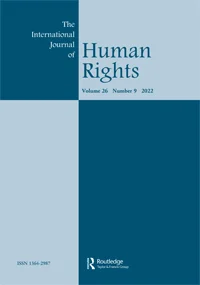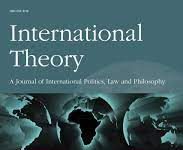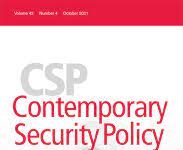Serbia’s Europeanisation, including police reform in accordance with European policing standards, has been far from smooth. A case in point has been the lasting inability of the Serbian government and its police forces to protect the freedom of public assembly of Serbia’s lesbian, gay, bisexual, trans, intersex, queer (LGBTIQ) community. In this article we investigate the role of the police in the organisation of Pride Parades between 2001 and 2013. Although the police was unable to openly challenge the freedom of public assembly, strongly insisted upon by the European Union (EU) and also guaranteed by domestic law, it nevertheless practiced three forms of indirect resistance: ‘hypersecuritisation’, ‘technical obstructions’ and ‘responsibility transfer’. The analysis of the role of Serbia’s police in the unsuccessful organisation of Pride Parades provides us with unique insights into how Europeanisation is contested and resisted not necessarily at the level of the official discourse but rather at the level of practice.
The full version is available here:
https://www.researchgate.net/profile/Filip-Ejdus/publication/299570046_Europeanisation_and_indirect_resistance_Serbian_police_and_Pride_Parades/links/59f6ec44458515547c232a51/Europeanisation-and-indirect-resistance-Serbian-police-and-Pride-Parades.pdf




